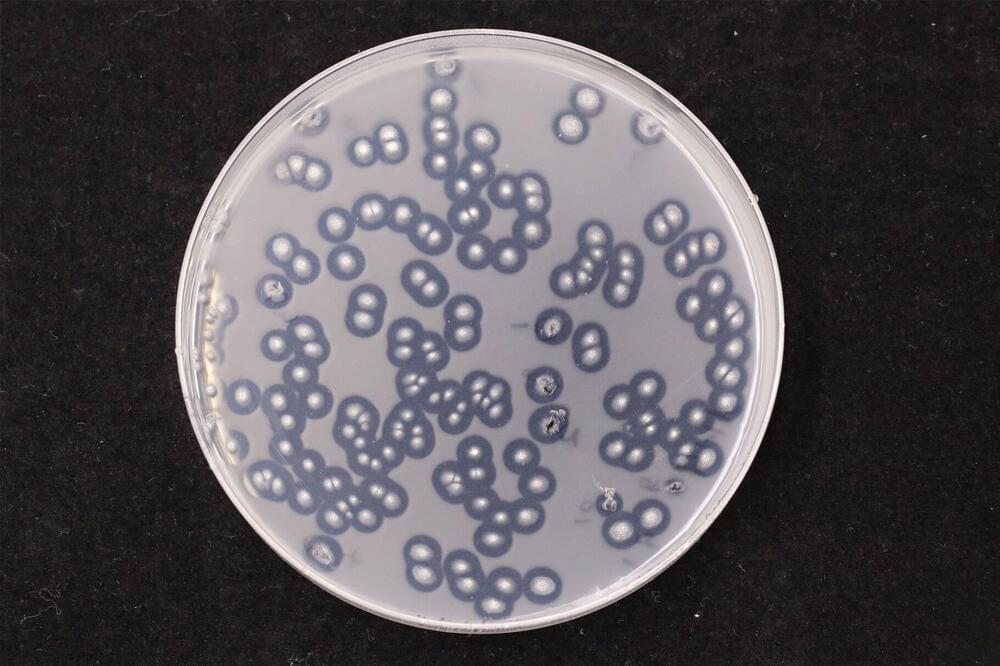Year 2023 😗 😁
A new study published in the Journal of Hazardous Materials by researchers at the Royal Botanic Gardens, Kew, and partners has identified a diverse microbiome of plastic-degrading fungi and bacteria in the coastal salt marshes of Jiangsu, China.
The international team of scientists counted a total of 184 fungal and 55 bacterial strains capable of breaking down polycaprolactone (PCL), a biodegradable polyester commonly used in the production of various polyurethanes. Of these, bacterial strains within the genera Jonesia and Streptomyces have the potential to further degrade other petroleum-based polymers—natural or synthetic chains of molecules bound together.
The plastic-degrading microorganisms were sampled in May 2021 from Dafeng in eastern China, a UNESCO-protected site near the Yellow Sea Coast. The sampling confirmed the presence of a terrestrial plastisphere, a term that is relatively new to terrestrial ecology as past studies have primarily focused on marine environments. The microbiome of this “man-made ecological niche” of coastal plastic debris was further found to be distinct from the surrounding soil.
